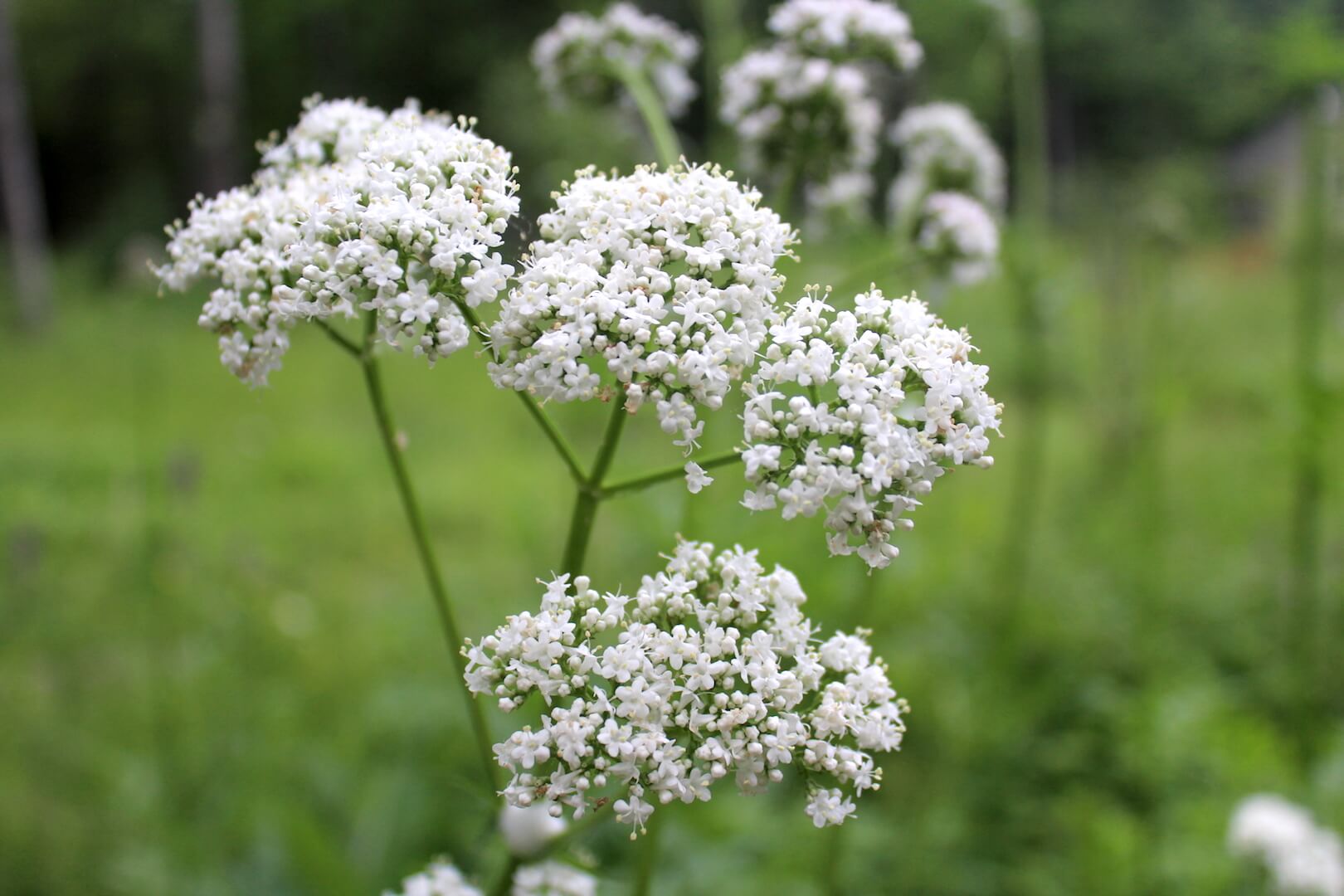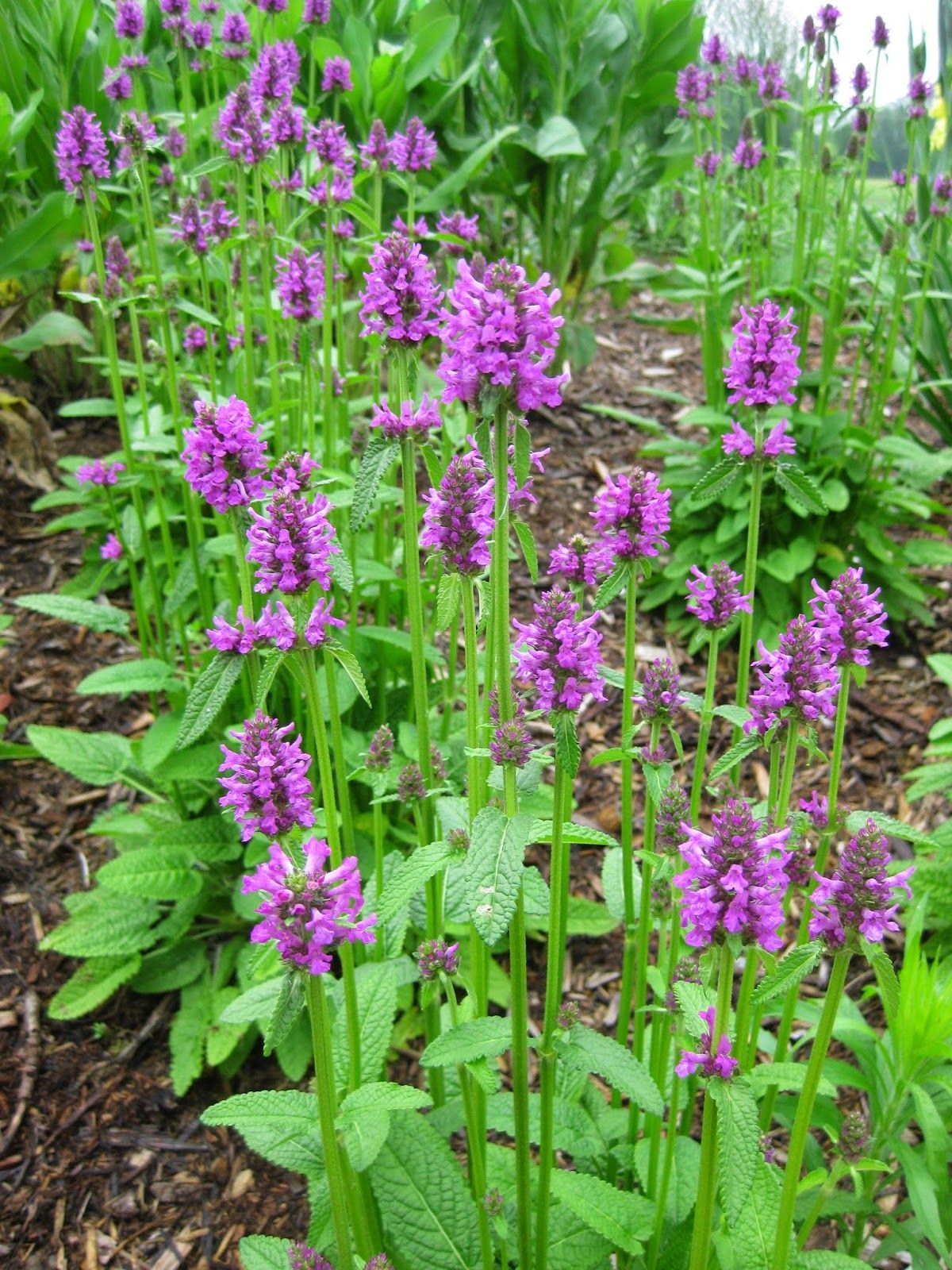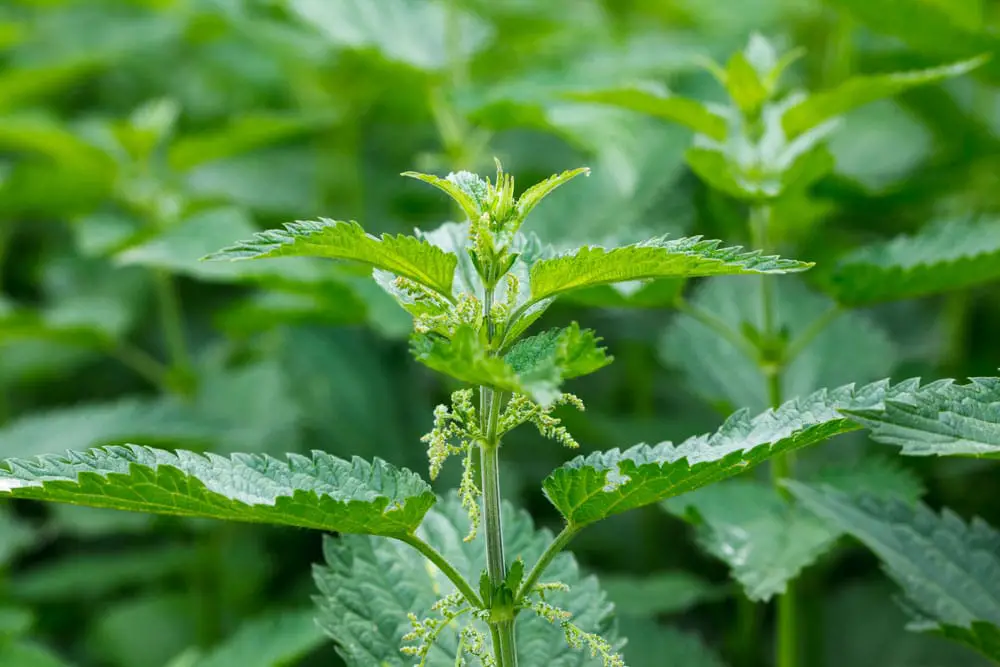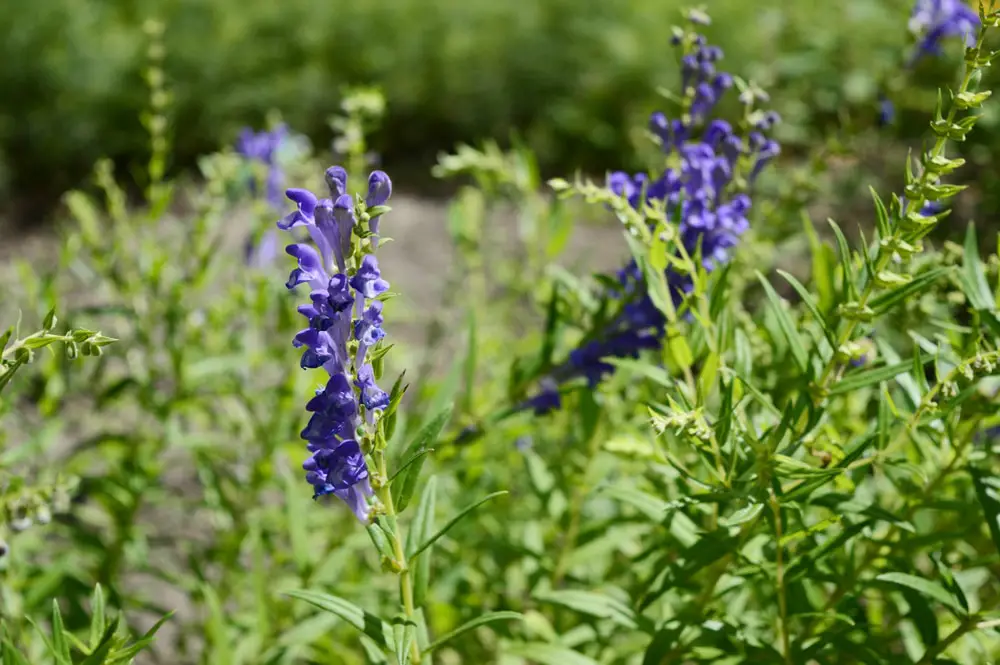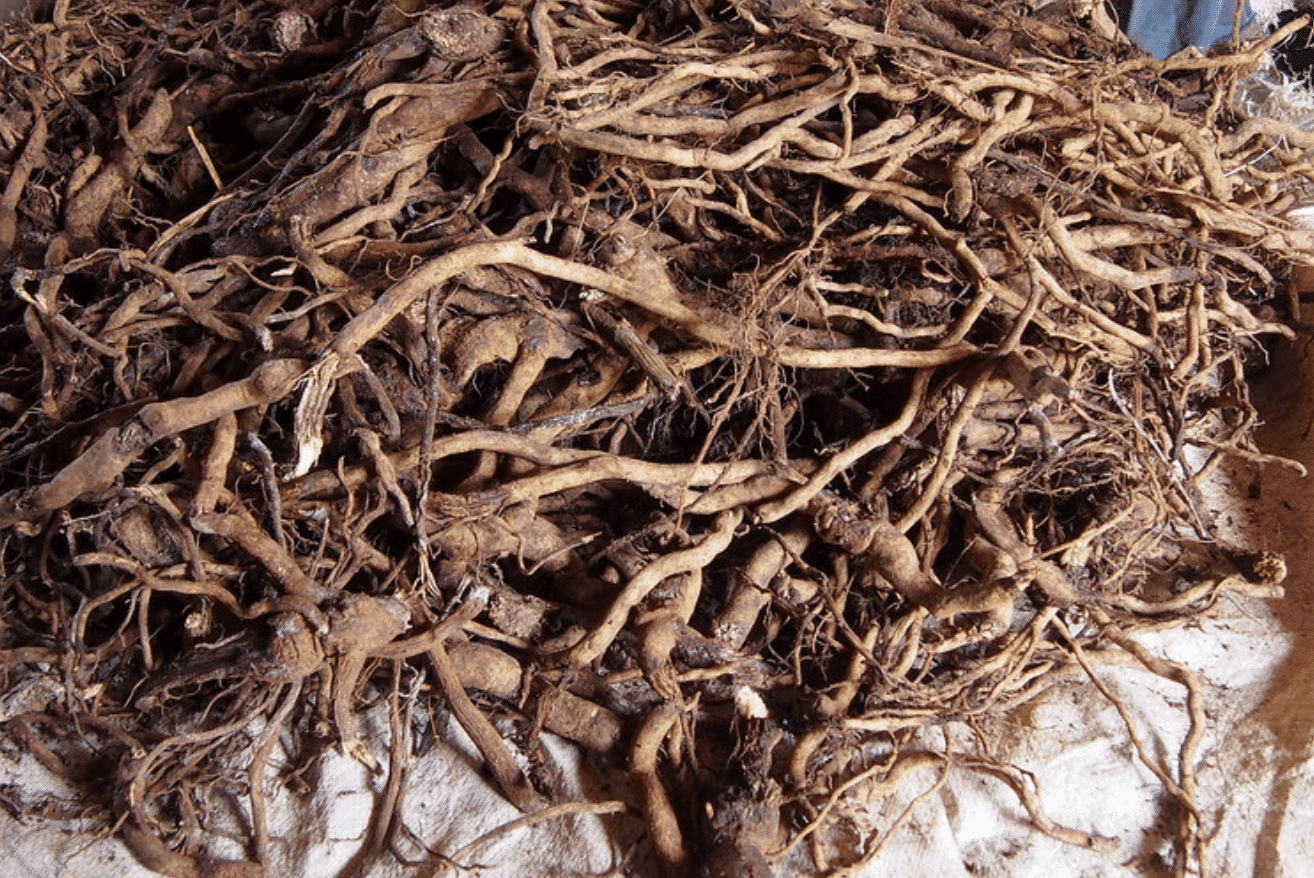Acute stress disorder is a mental condition characterized by severe dissociation, anxiety, and other disturbing symptoms that surface after a month of exposure to extreme trauma or stress.
Many people develop acute stress disorder (ASD) after passing through a traumatic experience. The signs and symptoms start surfacing after one month of the experience.
It can last for three days while in some people, it can persist up to one month. The symptoms of ASD and PTSD (post-traumatic stress disorder) are similar.
People with acute stress disorder developed this condition within one month of a traumatic condition. The first symptoms developed are the dissociative symptoms and this is in response to a traumatic event.
People with acute stress disorder also have reduced emotional responsiveness. It is impossible for them or difficult to find pleasure n things/activities that once gave them joy.
They might also experience guilt when pursuing their life goals or tasks. More of this will be laid out in the signs and symptoms of ASD.
Causes of Acute Stress Disorder (ASD)
A traumatic event is the main cause of ASD. People who witness, experience or are being confronted with one or more traumatic situations can come down with ASD.
These traumatic events create intense horror, fear, and even helplessness. This is what triggers acute stress disorder. Some of the causes of ASD are:
- Death of a loved one
- Witnessing a mass shooting
- A threat of death to yourself or to others
- A threat of serious injury to others or to yourself
- A threat to your reputation or to the reputation of others
Studies have shown that 6 to 33% of people who experience any of these traumatic events above end up developing ASD. If this condition is not treated as soon as possible, the individual may develop post-traumatic stress disorder (PTSD) later.
Signs and Symptoms of Acute Stress Disorder
The symptoms of ASD are divided into groups. The main groups are:
- The dissociative symptoms
- Re-experience
- Avoidance
- Increased anxiety/ arousal and
- Distress
Signs of dissociation
Dissociative symptoms to look out for to know if you have ASD are:
- Dissociative amnesia is characterized by your inability to remember one or more important parts of the traumatic event.
- Depersonalization is characterized by having unreal thoughts or emotions. It seems like your thoughts or emotions don’t belong to you.
- De-realization occurs when your environment in which you are familiar with seems strange or unreal to you.
- A reduced awareness or sensation of your environment
- Feeling numb, detached, or emotionally unresponsive
Symptoms of re-experience
This is the process of re-experiencing the traumatic event. This happens persistently in one or more of the following ways:
- A feeling of distress when you remember the traumatic event
- A feeling like you are reliving the traumatic event
- Having nightmares, flashbacks, images, illusions, and thoughts of the traumatic experience
Symptoms of avoidance
This is the act of avoiding things, environment, people, or stimuli that make you remember or re-experience the traumatic events. Symptoms of avoidance are avoiding things like:
- Feelings
- Thoughts
- Activities
- Objects
- Places
- Conversations and
- People
Symptoms of increased arousal/anxiety
ASD increases arousal and anxiety in people who have it. The symptoms are:
- Difficulty sleeping at night/insomnia
- Irritability
- Difficulty concentrating
- Inability to sit still or stop moving
- Being on guard constantly or experiencing constant tension
- Easily startled or startled at inappropriate times
Symptoms of distress
ASD cause great distress. It even disrupts important aspect of peoples’ life such as their work, carrier, and even relationships. You might even find it difficult to start or complete simple and necessary tasks if you have ASD.
You might even find it difficult to tell others about what you are passing through or asking for help.
In the diagnosis of post-traumatic stress disorder, at least one symptom from each of these groups must be present.
Risks Factors for Acute Stress Disorder (ASD)
You have a high risk of developing ASD if you have any of the following below:
- A history of dissociative symptoms during traumatic or stressful events
- History of mental problems
- A history of PTSD, panic disorder or ASD
- Witnessed or experienced a traumatic event in the past
- If you are being confronted with a traumatic event right now
Diagnosis of Acute Stress Disorder
Before a doctor or mental healthcare provider can diagnose ASD, you will be asked a lot of questions regarding your symptoms and any traumatic event you must have been through.
He/she would also have to rule out some health conditions like drug abuse, health problems, and side effects of some medications, and even other psychiatric problems before diagnosing you of ASD.
Treatment Methods of Acute Stress Disorder
There are many methods of treating ASD. Common methods used are:
- Psychiatric evaluation: This would be carried out to know what you need specifically. This would help reduce the symptoms when the right needs are met.
- Hospitalization: This method is used for people who are prone to harming themselves or committing suicide. People can also be hospitalized if they can harm others.
- Assistance: Sometimes providing shelter, clothing, or food for patients of ASD can help them recover. Some of them may need help locating their family and then they recover.
- Psychiatric education: This will educate you about this disorder and from this you can get help in overcoming it.
- Medications: Sometimes patients of ASD are placed on medications such as antidepressants, selective serotonin reuptake inhibitors (SSRIs), and anti-anxiety medications to help them manage the symptoms.
This does not offer lasting solution. These drugs even have adverse side effects which are more than the ASD you are trying to treat. Some of these drugs also have dangerous withdrawal symptoms.
So, don’t get use to them or depend on them. Look for lasting solutions like therapies.
- Therapies: Therapies like cognitive behavioral therapy (CBT), dialectical behavioral therapy (DBT), and others will help you recover and remain recovered.
These therapies will get to the root cause of your problem and deal it with. They will help you accept what has happened and look for healthy ways to accept change.
This would even prevent AD from turning into something worse like PTSD. Other therapies that might help this condition are exposure-based therapy and hypnotherapy.
- Anxiety management and psychological debriefing: This is an intense therapeutic intervention that is carried out immediately after the trauma.
This helps the victim to “talk it all out”. This therapy has different results among participants. While some got better after saying it all out, others got re-traumatized about the event.
- Core mindfulness and relaxation techniques: This will help patients with ASD cope with this condition. It will reduce the symptoms drastically and prevent future occurrences of acute stress disorder.
It would also prevent this condition from aggravating to PTSD.
Home Remedies for Acute Stress Disorder
There are lots of effective home/natural remedies for acute stress disorders. This nutritional approach will help the mind and body overcome this challenge.
Some of the most effective natural remedies for this condition are:
Passionflower
This relieves the symptoms of ASD such as stress, insomnia, nervousness, and anxiety. It boosts the activities of the brain and helps you have a good night sleep.
Take at least a cup of this herbal tea daily. It has many flavonoids and other important phytochemicals to reduce stress and also anxiety disorder.
Passionflower is also dense in benzoflavone and chrysin. These natural plant compounds improve the levels of GABA in your brain. This neurochemical makes you calm and reduce the excitability of neurons in the brain.
Pregnant and breastfeeding women should avoid passionflower. Individuals on medications for surgery should also avoid this herb.
Exercise
Mild and regular exercises will release positive neurochemicals like endorphins. This is one of the easiest ways to get the release of these chemicals.
Exercise will create an energetic rush of endorphins. This will make you feel good and reduce your stress levels. It balances your hormone levels, it relaxes you and help you sleep well.
You can choose to walk daily under gentle sunshine, you can engage in games and sports, or do some weight-lifting exercises.
This will release endorphins and help get rid of negative thoughts and feelings caused by ASD.
Ginseng
Ginseng reduces stress and anxiety disorders. It improves the activities of your brain cells, it improves concentration, and also boosts cognitive functions.
In a study, taking ginseng extracts daily for 12 weeks helped in improving the mental performance of Alzheimer’s patients. It is one of the best home remedies for stress.
Drink ginseng tea three times daily for a week to get rid of negative feelings. Ginseng also boosts the immune system. Its rich content of eletherosides and ginsenosides are powerful adaptogenic compounds.
They help your body adapt to uneven situations. Those on blood-thinning medications such as warfarin should avoid ginseng.
Aromatherapy
This is the art of inhaling herbs in the form of essential oils and volatile compounds. This has a soothing and sedative effect on your body. They also gave an anxiolytic effect and they induce a peaceful and calm experience.
Aromatherapy is a simple and highly effective home remedy for those with ASD. You can also use this remedy if you had a bad day or you are having a panic or anxiety attack.
Good examples of essential oils to use are lavender, evening primrose oil, and peppermint essential oils. Inhale this or diffuse it in your room.
Licorice roots
Both Eastern and Western herbalism makes use of licorice roots for a lot of purposes. It is used to heal the body in many ways. One of the most important functions of licorice root is that it supports the functions of the adrenal glands.
It prevents chronic fatigue and low energy. It helps your body respond to unpleasant situations. It normalizes the levels of sugars in your bloodstream.
It benefits the nervous system by calming your mind and stimulating the cranial and cerebrospinal fluids. Licorice tea is a soothing herbal tea. Take it three times daily.
Licorice roots contain the amino acid asparagine. This helps to maintain the equilibrium of your nervous system. People with heart disease and hypertension should take this herb with caution.
Valerian
This is one of the most effective sedatives in herbal medicine. It is used in the treatment of chronic stress, ASD, and PTSD. This powerful sedative and sleep aid help in relieving insomnia and other restless conditions like nightmares.
This herb will ensure that you have a restful and healthy sleep. It also dispels negative thoughts and emotions. It prevents obsessive behaviors that accompany this condition.
You can take valerian in the form of tea or supplements. Three cups of valerian tea daily would help and if you’re using the supplements/capsules, take them according to the instructions on the label.
Wood betony
This herb belongs to the mint family. It has a lot of health benefits which include the treatment of diabetes, nerve pain, stress and anxiety disorders, headaches, migraines, GI problems, and low blood pressure.
This herb brings your body to normal. They are many important phytochemicals found in this herb that promote a healthy mind and body.
These include flavonoids, tannins, saponins, and alkaloids. It also contains other therapeutic compounds like rosmaricnic acid, betaine, betulinic acids, chlorogenic acid, and harpagide.
These acids will relax the muscles in your body and stimulate your nervous system. All these will bring a calming effect and increase the circulation of blood in the entire body.
Boil two teaspoons of this dried herb in a cup of water and steep the mixture. Consume this tea slowly. Individuals who are to undergo surgery and people with hypertension should avoid this herb.
Stinging nettle
This is a widely used herb in the treatment of ASD and also PTSD. It helps in regulating your adrenal gland. This will reduce the production of adrenaline, the hormone that is released when you are stressed or have anxiety-inducing situations.
In the case of PTSD, the adrenal gland is overactive. This will lead to unnecessary fight-or-flight sensations that can worsen the condition. This herb will regulate the functions of this gland.
Slippery elm
This is one of the most effective home remedies for stress. The bark of slippery elm is enriched with vital nutrients like calcium, potassium, iron, manganese, phosphorous, magnesium, selenium, and zinc.
It also contains vitamins C, B1, B2, and B3. This will give your central nervous system a healthy boost. Slippery elm will soothe and coat all your mucous membranes.
It even relieves stomach upsets and disturbances. Add a teaspoon of slippery elm to three ounces of water and boil. Make sure you stir it repeatedly.
Drink three cups of this daily. Don’t add anything to the mixture. People taking oral medications should be careful of this herb because it can reduce the effectiveness of the medicine.
You can take this herb one hour after taking your medications.
Chamomile
For thousands of years, chamomile has been used to soothe problematic nerves. It is one of the most accessible home remedies for ASD.
Chamomile contains many natural compounds that relax the nerves and dispel negative thoughts quickly. You can take a cup of this tea two times daily.
In the morning and at night before going to bed, make sure you have a cup of chamomile tea.
Dong Quai
This helps to calm down overactive adrenal glands. This herb also calms down an oversensitive nervous system. This ancient Chinese herb prevents panic and anxiety attacks.
It keeps your adrenal glands and nervous system calm and healthy.
Peppermint leaves
From the tips of your hair to the toes of your feet, peppermint leaves have a lot of immense health benefits. It relieves stress and anxieties. It has a high content of menthol which is a natural muscle relaxant.
Apart from menthol, peppermint leaves also contain menthone and methyl acetate. These will relax your muscles and reduce stress and anxiety.
Pour a tablespoon of peppermint leaves in a cup of boiling water and add a drop of honey. Mix well and take it at least once daily, especially before going to bed.
Skullcap
This herb has been used for thousands of years in traditional medicine to soothe and relieve problems of the central nervous systems. It has positive and powerful effects on your nervous system.
It improves your mood, prevents anxiety, panic, relieves stress, and also prevents this condition from turning into PTSD.
Basil leaves
Basil holds a rich history in natural medicine. This herb has been in use for more than 3000 years by the ancient Indians. They even worshipped it due to its immense health benefits.
It heals a lot of health problems like malaria, ringworms, hepatitis, diabetes, TB, earache, asthma, stress and anxiety disorder, cough, fever, headache, flu, and stress is not exempted.
Basil leaves are known for their powerful adaptogenic and anti-stress properties. They get rid of free radicals that are produced during stress.
Basil leaves are rich in phenolic flavonoids like vicenin and orientin. They also contain beneficial oils like linalool, limonene, eugenol, Citral, and terpineol.
All these compounds fight inflammation and pathogens.
Kava root
This herb has strong relaxing natural compounds in it. People who suffer from ASD and panic attacks would find this herb helpful. It relaxes your muscles and makes you calm.
Kava exists in the forms of capsules, teas, and tinctures. This will help reduce the symptoms of ASD. Kava is banned in many countries, so you have to check with a naturopath or your health care provider before using it.
Ashwagandha
This is a powerful adaptogenic herb. It is a highly effective remedy for stress and anxiety. It stabilizes the response of your body to stress. It also improves the symptoms of ASD.
Ashwagandha also protects the brain from degeneration. It destroys free radicals and helps to improve focus. It reduces fatigue and fights anxieties. It does all this without causing adverse side effects.
Green tea
Although ASD is a mental disorder, it affects your immune system and the levels of hormones. Green tea helps to restore this balance and boost your immune system.
It soothes your central nervous system and reduces mental stress and anxieties. Take as many cups of green teas as you can daily. Make sure that the brand you take is free from pesticides.
Improve your diet
In your battle against ASD, you need a healthy and balanced diet to overcome this condition. Poor diet and malnutrition can worsen this condition.
Your diet impacts your life from the moment you were born to your adult life. It affects your behavior, physiology, and psychology. Taking in too many calories or too little can increase anxiety disorders and other psychological conditions.
A poor diet or malnutrition can lead to symptoms of stress, anxiety, fatigue, moodiness, nervousness, and unhealthy levels of blood sugar. All these can lead to jitters and nervousness.
A poor diet can also make you add weight. Avoid sugary and processed foods and also reduce your intake of alcohol and caffeine.
These foods can cause inflammation, affect your cognitive and mental functions. They make it difficult to control stress and anxiety, they cause depression and alter the structure of your brain and also the functions of neurotransmitters.
You need lots of whole plant-based foods. They improve your mental health and boost the production of neurotransmitters. They relieve the symptoms of ASD and balance your mood.
Your source of animal protein should be organic and grass-fed. Your fish should be wild-caught. Increase your intake of fresh fruits and veggies. Your food should be varieties and in many colors.
You need healthy fats like avocado, olive and coconut oil. You need lots of whole grains, beans, peas, and other legumes. You need nuts and seeds like chia seeds, flaxseeds, pumpkin seeds, walnuts, cashews, and almonds.
Vitamin B complex
Vitamin B complex helps relieves the symptoms of stress. It stabilizes your mood, balance your blood sugar levels, and it also maintains a healthy nervous system.
A deficiency in B vitamins such as vitamin B6 includes fatigue, irritability, depression, isolation, moodiness, muscle pains, and anxiety.
Vitamin B12 fights chronic stress, depression, and mood disorders. It improves your mental functions and protects your brain. It increases your energy and helps you to concentrate well.
This, in turn, would help your nervous system to function properly.
References;
- Acute Stress Disorder STRESS.ORG
- A surgeon’s guide to herbal supplements JSR
- Effects of Stress-Reducing Aromatherapy on Go-nogo Task Following Acute Stress: An Evoked Related Potentials Study JACM



